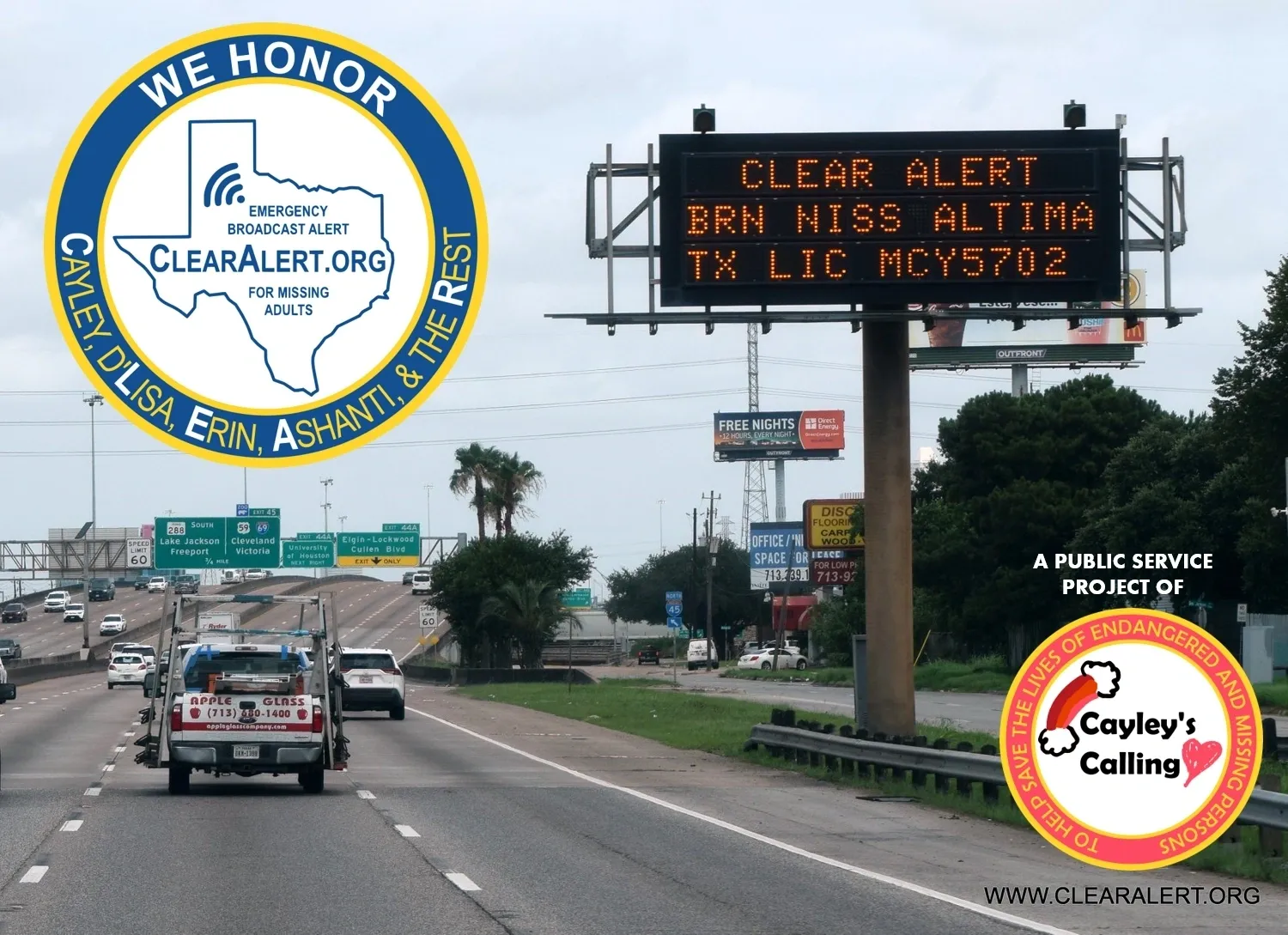When someone goes missing, especially if they are elderly or have a mental condition like Alzheimer’s, it can be a very scary time for families and communities. In Florida, there is a special system designed to help find these missing individuals quickly. This system is called a Silver Alert. But what is a Silver Alert in Florida, and how does it work? Let’s break it down in a way that’s easy to understand.
Understanding the Silver Alert System
The Silver Alert program was created to help locate missing seniors or people with cognitive impairments. These alerts are important because older adults may become confused or lost, which can put them in danger. Just like a fire alarm warns you of danger, a Silver Alert sends out a signal to help find missing people quickly.
In Florida, the Silver Alert program was established in 2008. It is part of a broader effort to protect vulnerable citizens. When someone goes missing, local law enforcement can issue a Silver Alert, which broadcasts information about the missing person across various media platforms. This can include TV, radio, highway signs, and social media. The goal is to get the word out fast so that more people can help in the search. Also read What is a Silver Alert in Florida
How Does a Silver Alert Work?
When a person goes missing and meets specific criteria, the local police department will initiate a Silver Alert. Here’s how the process usually unfolds:
- Missing Person Report: A family member or friend reports the individual missing to the police. This person must be an adult, aged 60 or older, or someone of any age with a cognitive impairment.
- Criteria Check: The police verify that the missing person fits the Silver Alert criteria. This includes being a senior or having a cognitive issue, along with other factors such as whether they are believed to be in danger.
- Alert Activation: Once confirmed, law enforcement will activate the Silver Alert. This is done through various channels, including electronic road signs, news broadcasts, and social media. The alert includes a description of the person, what they were last seen wearing, and any vehicle information if applicable.
- Community Involvement: Once the alert is out, the community can help look for the missing person. The more eyes that are watching, the better the chance of finding them quickly.
- Resolution: Ideally, the missing person is found safe and sound. If the search is ongoing, law enforcement may continue to provide updates to keep the public informed.
Who Can Issue a Silver Alert?
Not just anyone can request a Silver Alert. In Florida, only law enforcement agencies have the authority to issue these alerts. This is to ensure that the alerts are legitimate and necessary. If you think a loved one might be missing and needs a Silver Alert, you should contact your local police department right away. They will guide you through the process.
Why is a Silver Alert Important?
Silver Alerts are essential for several reasons:
- Quick Response: When someone goes missing, every minute counts. The faster a Silver Alert is issued, the greater the chance of finding the person quickly and safely.
- Community Support: Silver Alerts mobilize the community to help in the search. This broadens the search area and increases the chances of finding the missing person.
- Safety of Vulnerable Individuals: Many elderly people or those with cognitive impairments can become disoriented and confused. A Silver Alert helps protect these individuals by ensuring they are located before any harm can come to them.
The Impact of Silver Alerts
The impact of Silver Alerts can be significant. Numerous cases have been successfully resolved thanks to the quick action of law enforcement and the help of community members. For instance, when a Silver Alert is issued, people in the area become more vigilant. They might recognize a person fitting the description or see a vehicle that matches what was reported. This kind of community engagement can save lives.
Moreover, the emotional toll on families can be immense when a loved one goes missing. Silver Alerts provide hope and a sense of action, knowing that the community is on the lookout and that there is a plan in place.
Silver Alert Criteria in Florida
To issue a Silver Alert in Florida, certain criteria must be met. These include:
- Age: The missing person must be 60 years of age or older, or they may be of any age if they have a cognitive impairment.
- Danger: There must be a belief that the individual is in danger or has been lost under circumstances that pose a risk to their safety.
- Identification: Law enforcement must have a description of the missing person and, if applicable, their vehicle.
These criteria help ensure that the alerts are used appropriately and effectively.
How Can You Help in a Silver Alert Situation?
If a Silver Alert is issued, there are several ways you can help:
- Stay Informed: Keep an eye on news reports and social media for updates about the alert.
- Spread the Word: Share the alert with friends and family. The more people who know, the better.
- Look Around: If you’re in the area where the person went missing, pay attention to your surroundings. You might spot something that could help.
- Report Sightings: If you think you’ve seen the person or their vehicle, contact local law enforcement immediately. Your information could be crucial.
Success Stories of Silver Alerts
There are many stories of success thanks to the Silver Alert system. In one instance, an elderly man with Alzheimer’s wandered away from his home. His family reported him missing, and a Silver Alert was quickly issued. Within hours, a local resident recognized the description and called the police. The man was found safe and returned home to his relieved family.
These success stories highlight the importance of the Silver Alert system. They show that when communities come together to look out for each other, lives can be saved.
Limitations of Silver Alerts
While Silver Alerts are a valuable tool, they do have limitations. For example, the system relies heavily on the rapid response of law enforcement and the public’s awareness. If an alert is issued too late, the chances of finding the individual diminish.
Moreover, not all missing persons are eligible for a Silver Alert. This means that some individuals may not receive the same level of attention, which can be frustrating for families.
Conclusion
So, what is a Silver Alert in Florida? It’s a crucial system designed to help find missing seniors and individuals with cognitive impairments. By alerting the community and mobilizing resources quickly, Silver Alerts can make a real difference in finding loved ones and bringing them home safely.
If you ever find yourself in a situation where a loved one goes missing, understanding how Silver Alerts work can be invaluable. Remember, every minute counts, and the more people who get involved, the better the chance of a positive outcome. By staying informed and engaged, we can all contribute to the safety of our communities.





